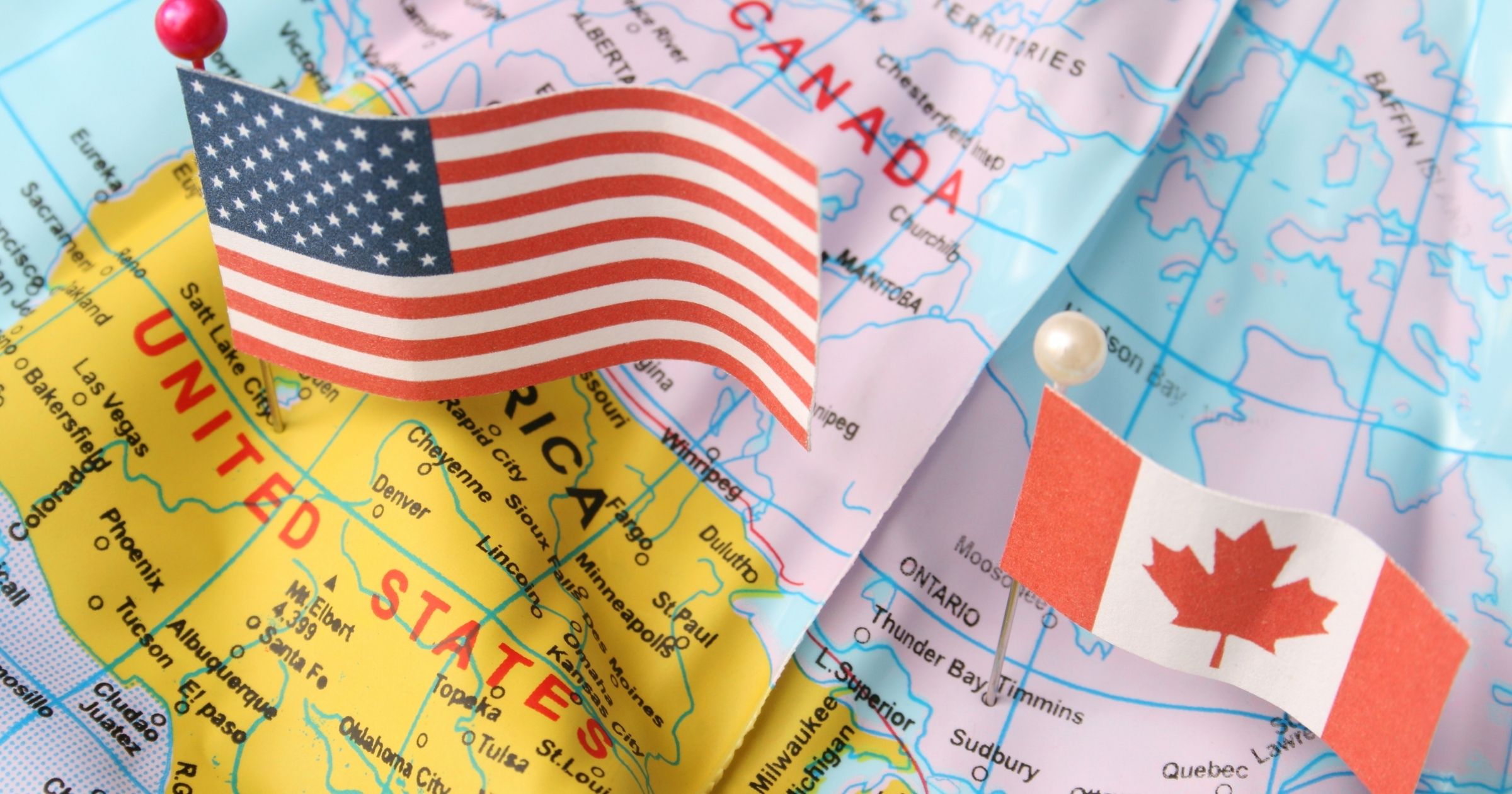The Uncertain Future of Cuba Travel
Changes in government regulations this year opened up travel opportunities for United States citizens. Despite the first arrival of a United States airline in Havana, Cuba, on November 28, however, travel to the island nation from the U.S. is caught in the turbulence of an uncertain future. Along with concerns about the country's inability to accommodate the influx of tourists, both Cuba and the U.S. face unpredictability in government changes.
John Stachnik, president of Mayflower Tours, notes that tourism to Cuba has experienced two waves.
The first wave gained momentum under the administration of President Bill Clinton, with humble roots in initiatives such as humanitarian aid. These experiences attracted travelers with a desire to see Cuba before more tourism opportunities opened up. The second wave, instigated by President Barack Obama's administration easing traveling restrictions to Cuba, empowered a flood of visitors hoping to see Cuba before it became too modernized.
Mayflower Tours sat out the spirited first wave of Cuba tourism.
"We went through a long period where it wasn't advantageous to buck that trend," Stachnik said, noting that Cuba's infrastructure—with spotty electricity and lack of air conditioning—failed to provide the comfort many U.S. citizens seek while traveling.
With Mayflower Tours currently offering Cuba cruises and land packages, Stachnik's main concern is whether Cuba tourism is sustainable.
"Is it a fad, or a trend?" Stachnik said. "We hope it's not a flash in the pan. We hope people want to discover it. And can it be supportive of a tourism trend that attracts Americans?"
In addition to sustainability concerns, recent changes in government also pose risks to travel relationships between Cuba and the U.S., as Cuba grieves the loss of Fidel Castro and the U.S. anticipates a new administration under president-elect Donald J. Trump, who threatened to repeal Obama's foreign initiatives with Cuba during his campaign trail.
"We're really going to be looking more to the government of the U.S. than the government of Cuba," Stachnik said. "We want to see increased relations with Cuba, and we're going to be looking to the president. Tourism is a great barrier destroyer. We want to work with the new government right now and say we want to encourage open borders."
Written by Cassie Westrate, staff writer for Groups Today.
Photo courtesy of Cmon.



